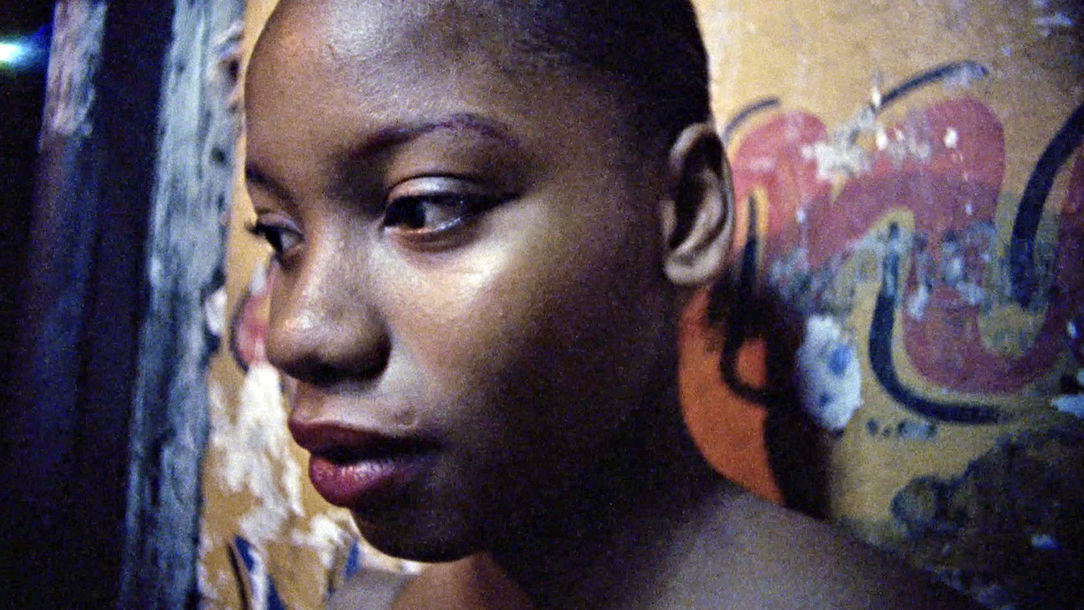Black Mother
Director/ Khalik Allah
Watched on Criterion Channel
Rating 4/5
Director Khalik Allah is working at the edge of documentary, not quite avant-garde but experimental enough to be ignored by the commercial film festivals and embraced by streaming platforms such as MUBI and the Criterion Channel. I doubt many will search out or stumble upon his films (his first feature was Field Niggas), and also doubt many will be able to endure his demanding, staccato approach to editing and sound. Owing to his background as a still photographer, he doesn’t shoot scenes or sequences, he doesn’t follow characters in action, he steers far clear of traditional talking heads, he doesn’t pretend to care about observational tropes such as natural sound or belabored long takes.
His movies are a cacophony of images and audio, mostly straight-on portraits of black faces, some who look directly in the lens, others who are happy to allow Allah’s camera to swirl around them, intimately probing their skin, scars, jewelry, and hair. He films prostitutes, gangstas, cops, kids, and–in this film–family members, creating a dense, textural scrapbook that is alive with a kind of visceral grit of experience.
Black Mother is a memoir in montage. Allah filmed exclusively in his Jamaican homeland (while Field Niggas was shot in Harlem), attempting to say something about the enduring power of the women who raised him, but also to honor the vast, vibrant tapestry of the culture. Music, ganja, politics, and the reclaiming of identity all flavor this heady brew, cued to a soundtrack of disassociated voices: snatches of speeches, fiery opinions, and straight-up answers to some of the director’s questions, none of which appear in traditional interview settings, the voices always coming at you from off-screen, even if the person talking is the one in front of the camera at the time.
This is the one drawback of Allah’s style. Not the technique itself, but the fact the technique becomes wearying after 30-45 minutes. Field Niggas ran about an hour, and it became increasingly difficult to sustain interest at even that length. Black Mother runs 77 minutes, and maybe it was the exotic location, the colorful diversity of the people, and the occasional diversion into travelogue moments, that helped to keep me engaged.
The movie’s intoxicating assembly, its irregular rhythms, and the sudden eruptions of beauty, make for a uniquely captivating experience. It may not make the kind of statement Allah is hoping for–much of experimental cinema relies upon a viewer’s willingness to meet it more than halfway–but you can’t argue he isn’t committed to his vision.

